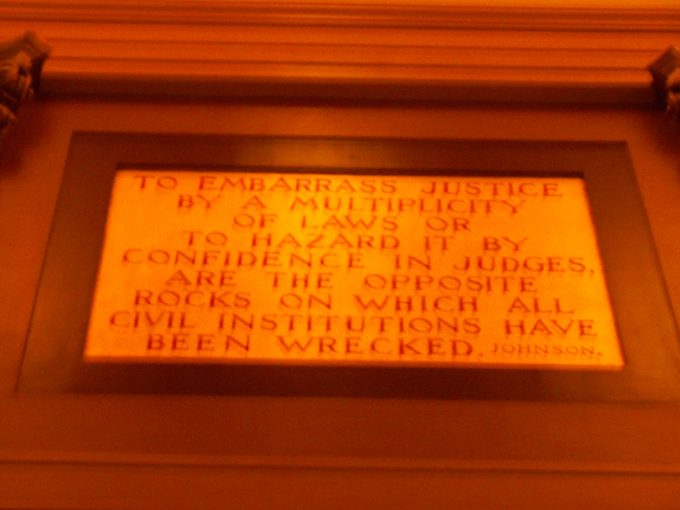
Thursday, 10 August 2017
For if we believe that Jesus died and rose again, even so God will bring with Him those who sleep in Jesus. 1 Thessalonians 4:14
The words “For if” are stressed in the Greek, “If indeed…” In other words, this is not a question which asks, “If we can just believe.” Rather it is an emphatic statement containing no doubt as in, “For we certainly believe.” This is what the gospel hinges on. Nobody that Paul is writing to as one of the brethren (noted in the previous verse) would be considered as such unless he believed this particular precept which he now states – “that Jesus died and rose again.”As he says in Romans 10 –
“The word is near you, in your mouth and in your heart’ (that is, the word of faith which we preach): 9 that if you confess with your mouth the Lord Jesus and believe in your heart that God has raised Him from the dead, you will be saved.” Romans 10:8, 9
To not believe in the death and resurrection of Christ, is to not be a Christian. Either one believes this and is saved, or he does not believe it, and is not saved. Paul takes the two verbs, died and rose again, and places them side by side as a single action. He did this also in Romans, speaking of the two things as one unified whole –
“It shall be imputed to us who believe in Him who raised up Jesus our Lord from the dead, 25 who was delivered up because of our offenses, and was raised because of our justification.” Romans 4:24, 25
The focus here then is on the humanity of Jesus. Though fully God, His humanity died, and it was up to God to raise Him, having been satisfied with His work. In the gospel of John, Jesus stated that He would lay down His own life and take it up again, but it is His divine nature which accomplished this. This is shown true because in Romans 10:9, it says God has raised Him. In His humanity, He literally died, and He literally rose again from the grave. As this is so, and as we are in Christ because of belief in what He has done for us, then Paul next says, “…even so God will bring with Him those who sleep in Jesus.”
In this there is surety. There is no, “We hope this will happen.” Paul states it as a matter of fact. As Christ arose, so will those who sleep in Him. There is literally nothing to question because it is impossible for it to not occur. In the words of Paul though, he doesn’t actually say, “in Jesus,” but rather dia, or “through Jesus.”
The symbolism of what Paul is saying is missed by translating this word as “in.” Jesus is the way. He is the door. He is the One who welcomes us through Himself. When our physical bodies die, we pass through Christ Jesus into a state of rest. As believers, we are in Jesus, and so the actions which occur in this manner are through Him. It is one of the infinite blessings we possess because of simple faith in what He has done for us.
Further, the verb for sleep in this verse is passive. Therefore, instead of “who sleep,” it should read, “who have fallen asleep,” or “who have been laid asleep.” God has directed the moments of their lives, and at some point their lives ended, symbolized by the word “sleep.” Likewise, at some point, God will again direct the movement of what occurs for them, bringing them to a new state. We are participants in what occurs, not the initiators of it.
As an exciting second possibility, Vincent’s Word Studies renders this verse as, “…them also that are fallen asleep will God through Jesus bring with him.” In this, Jesus is “represented as the agent of the resurrection.” In either translation, we are the participants, and God is the One to do the work. We sleep; God raises. Depending on how Paul’s words are formed, they tell us that the sleep is either through Christ, or the resurrection is through Christ. In the end, it is all about what Jesus has done for us, and what God will do through Jesus for us. We have a surety that those who have died before us are safe and secure in the hands of our most capable God.
Life application: If you have believed in the work of Jesus Christ, you are saved. Nothing is going to change that. Someday, unless the Lord comes first, your earthly life will end, just as it has happened to the countless believers in Christ thus far. But that is not the end of the story. It is simply the closing of one act. God has set the plan, and it will not be thwarted. We shall be raised to eternal life because of the work of Christ Jesus.
Lord God, the death and resurrection of Christ Jesus gives us the absolute assurance that we too will be raised to eternal life. If we have believed in this gospel message, nothing can thwart what You have promised. For those we love and who have gone before us, they are safely in Your capable hands. For those of us who remain, our lives contain a surety that we too are, even now, carefully kept by You. No fear here. Because of Jesus, our future is assured. Praise You, O God, because of what You have done through Jesus! Amen.



